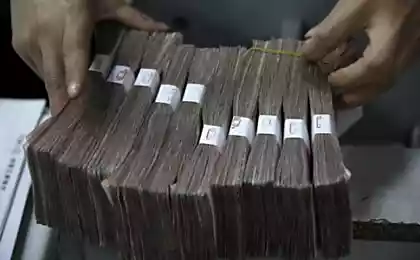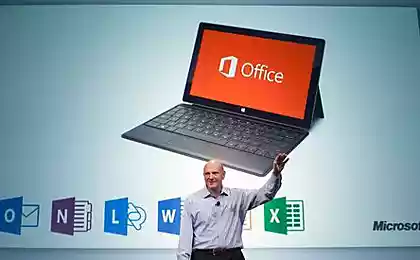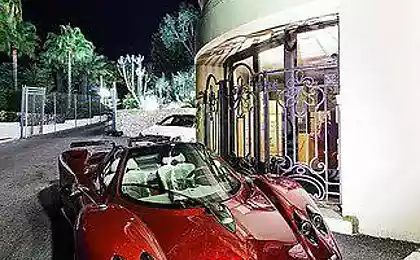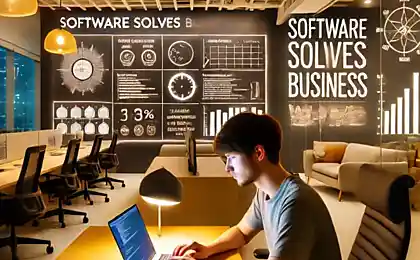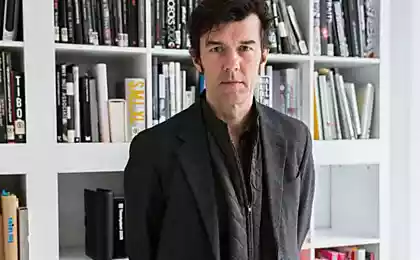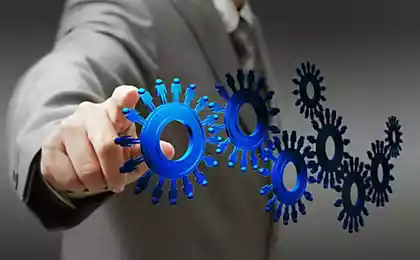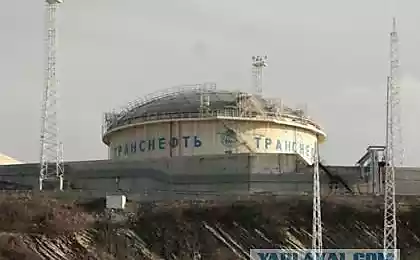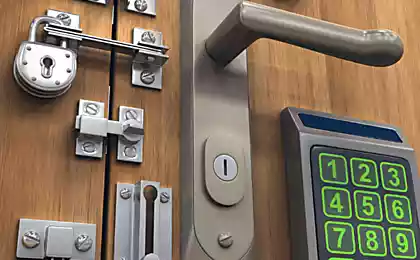1671
Working in state-owned companies
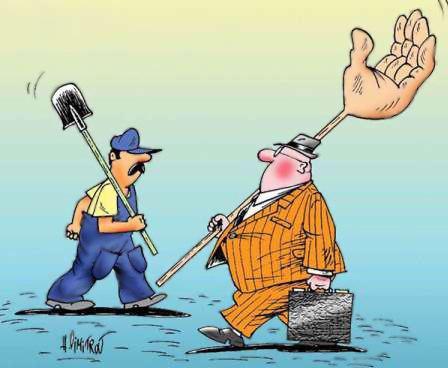
Someone allergic to pollen, someone to cats, and I - on the people of the great state-owned companies (although they somehow proud of their resume). I was not even aware of this so clearly, until recently not hired a manager from a large state bank.
At the interview, he made an excellent impression: intelligent, experienced, energetic. Engaged in retail and was well aware of all the problems of our business. In addition, the State Bank a few years ago began extensive reforms, inspired by the advanced management approaches. So I would expect that I would find a kindred spirit in a new employee.
It turned out that he is not prepared for the conditions in which he lives and works as a private business and that I think are absolutely natural and normal.
It turned out that the holidays manager intends to take a vacation, even though retail weekend - this time of peak load, and if you run retail, you have to be in office at that time. Especially if you have not yet established a system so that everything works like clockwork. But state-owned people not used to it: there you do not work on the result, but at the time. Six-thirty? Well, I went. Unhealthy for a month? Do not worry, the world will not collapse - this is my hospital.
Finally steel is often the case when the manager said: I do not know how to do it. Challenges that he faced in the previous work, were simply kindergarten compared to ours, despite the disparate business scale. We've no instructions for all occasions, written by consultants McKinsey. And, in contrast to the large state-owned companies, where everything is on the thumb, the situation is changing literally every day. Need to adapt and to find solutions. Need to be an entrepreneur in spirit and be able to take responsibility for their work.
In the experience of many of my human failures, I would suggest that it is not in a particular manager - the fact people working in the public sector in principle.
For example, if a person has worked for three years financier in state-owned companies, it is likely I will refuse, though he thinks that his experience - an advantage. Because I do not understand what he was doing - "PCD analysis," as it is written in the summary (ie financial and economic activity)? Translated into Russian, it means that he is three years turned a blind eye to kickbacks and inefficiency because still could not change anything. However, his salary expectations after working in government agencies are totally inadequate to what real value it can bring to a business.
Inefficiency virus infected even those who stayed in the state-owned company very long. I have tried to cooperate with one financial analyst with a small (and not intimidating as it seemed to me) experience in the public sector. He did not pay two weeks interpreter money only on the grounds that he did not send his diploma. I have it, to be honest, just enraged. I do not care whether a person has a diploma - if only to work done well. And he spent his working time - and thus money for our shareholders - full of nonsense.
You can not probably say that this is some kind of exclusive Russian problem - the problem of incompatibility of the business and business people from large bureaucratic corporations face in the West. But we all adopt some phantasmagoric turnover: enterprising people on the order of magnitude smaller in principle, the bureaucracy, even in Western corporations operating in Russia, on the order of magnitude greater, and indeed the public sector inflated simply prohibitive, and corruption there is known to be epic. A habit of corruption - it's a habit to inefficiency.
According to experts, the state accounts for half the Russian economy. About how inefficient state-owned company, has already written, rewritten. But the problem is more serious: for the people who work there, get used to the formalism and fraud, as well as to the salary, not attached to the outcome.
As a result, lead the retail division, I invited the businessman from a small town Sarapul. Entrepreneur for 25 years. He opened his cafe, where he sold sandwiches. There was no money - do. Itself attached drywall, paint, tile laid. And his first cafe does not matter. He did not lose heart, got into debt, and came to us to ask for the franchise. Then we have not yet opened the program for the franchise, but I went to a meeting to see his enthusiasm and will to win. Getting up under the guise of "Dodo pizza", he showed his best side: honestly fulfilled all of our recommendations, worked from morning till night, working on the smallest details of service. As a result, a small depressed town where everything is so bad, raised from the sale of nearly two hundred thousand to a million.
And when I offered him a deal with the development of our retail, he still wondered, "Why me?"


